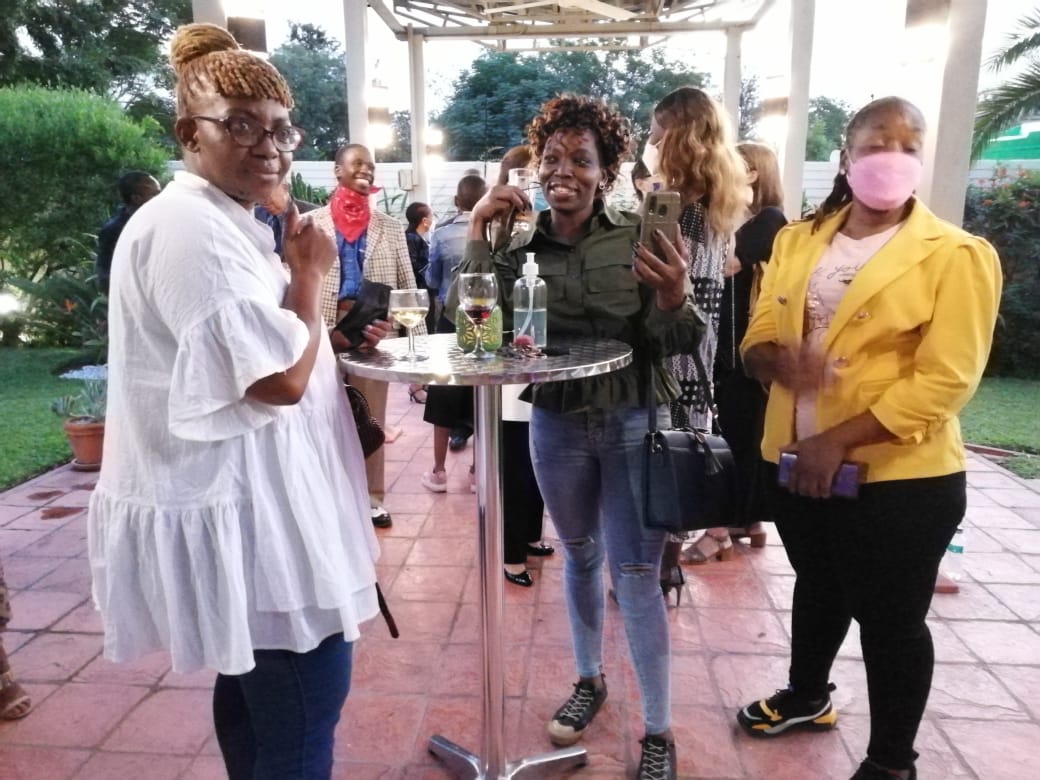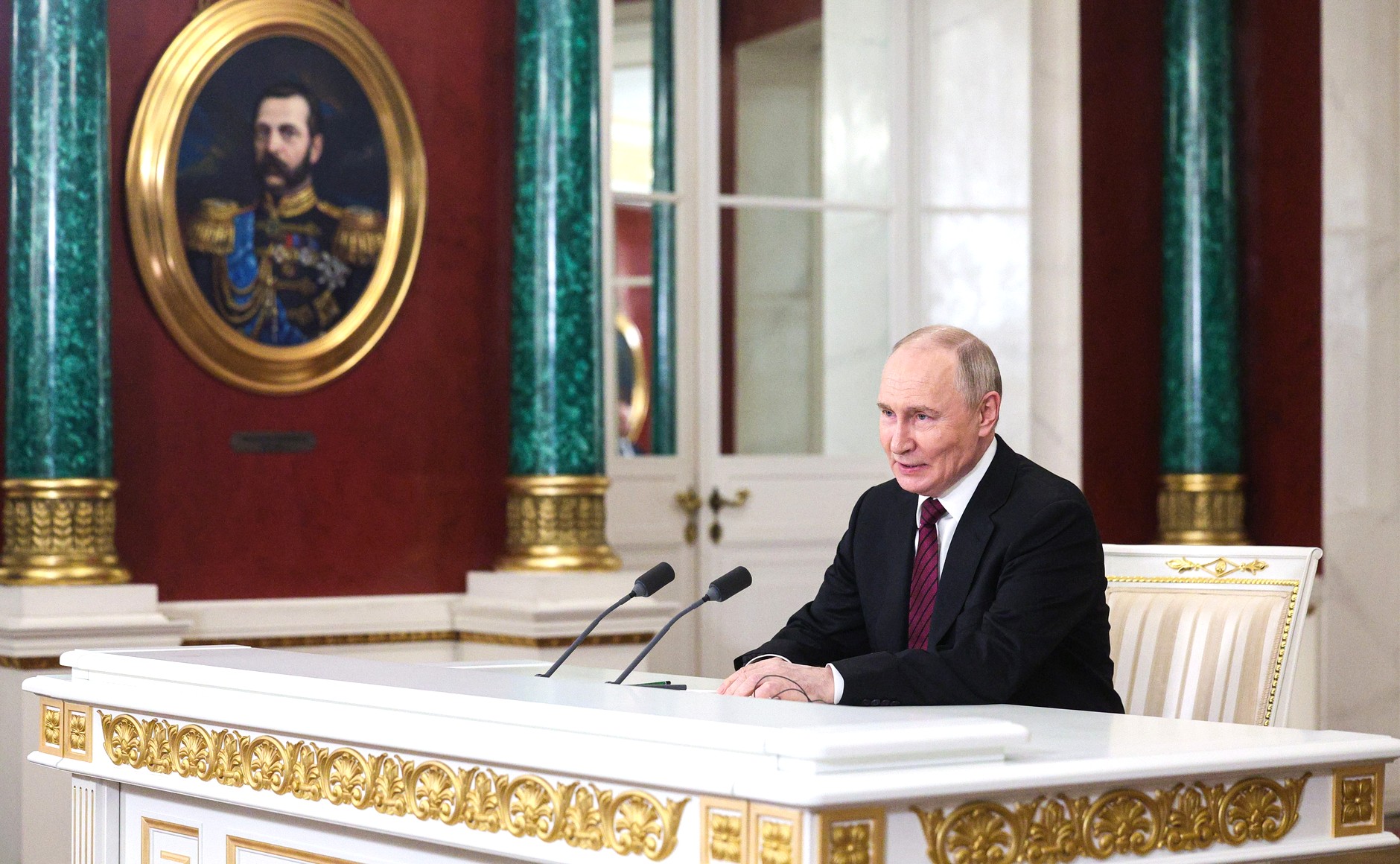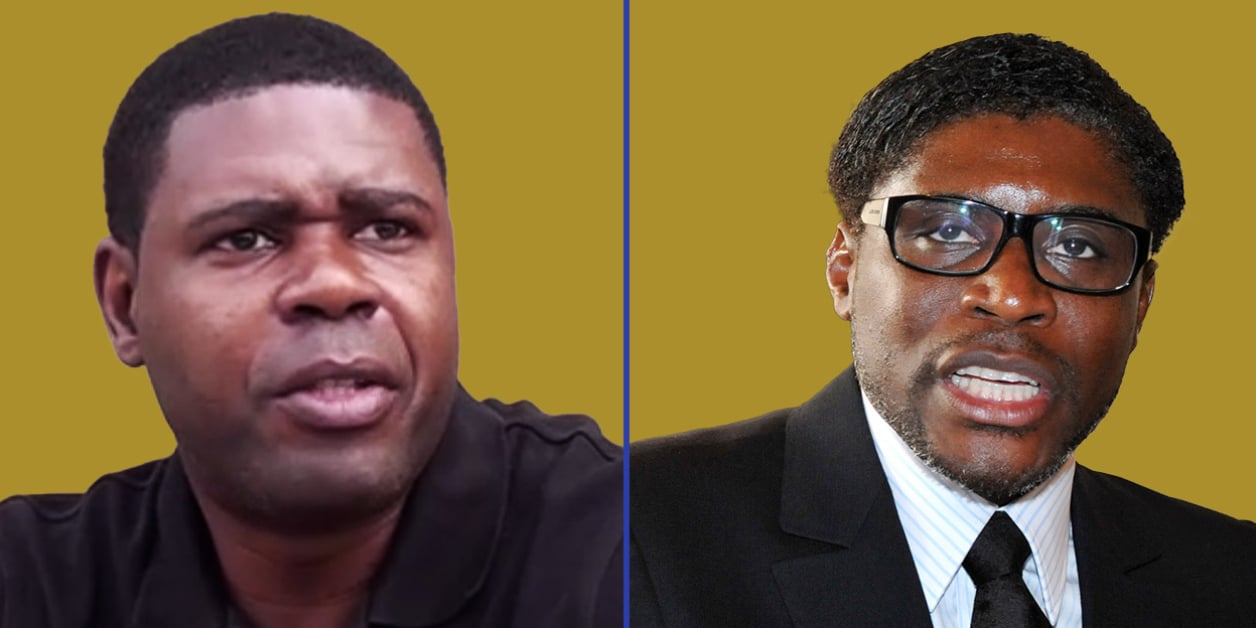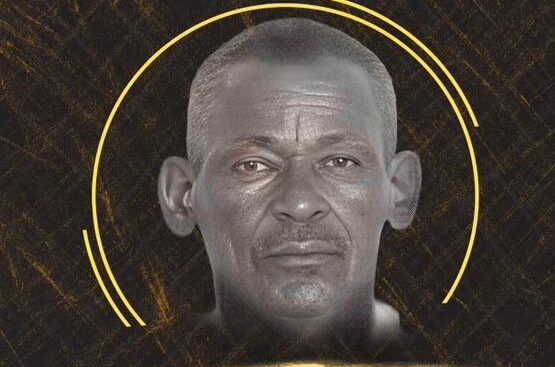
French-language-teachers-enjoy-a-cocktail-at-French-Embassy-Residency-after-a-two-day-Les-Assises-du-Francais-traiining. Pic. (C) TPA
The Pan Afrikanist Watchman
Gaborone, the capital city of Botswana, hosted the first regional tour of the ‘Les Assises du Français’ – a French language pedagogy programme designed to enhance the learning methods of local French teachers in southern Africa.
A total of 5000 students in the three participating countries – Botswana, Eswatini, and Zambia – are poised to benefit directly through improved teaching methods that the teachers will gain at the end of the training programme.

In Botswana, there are more than 40 public schools teaching Français Langue Entragere (French as a Foreign Language), which means 91 teachers and more than 3000 students excluding those at the Universities and several private schools.
Thus, it was befitting for Botswana, through the Alliance Française de Gaborone, which joined forces with its peer language centres in Lusaka and Mbabane, to gather some 150 French teachers drawn from public and private schools across the country at one of the city’s alluring conference centres – Tlotlo – to be drilled on the foundations of French language pedagogy.
French is the first foreign language taught in these three countries, hence the pedagogical teams of the language centres (Alliance Franaise) in these countries in collaboration with Universities and public and private schools saw the need to create appealing courses including coming up with training programmes such as Les Assises du Français to enhance the learning methods of local French teachers.
The training was facilitated by the Pedagogical Coordinators at the Alliance Française de Lusaka and Alliance Française de Gaborone, Monique Orsini and Jane Banda respectively.
Speaking at the event, the Botswana-based French Envoy, also responsible for the Southern African Community Development (SADC), Her Excellency Laurence Beau pointed out that in Africa alone, there are more than 140 million people speaking French in 30 or more countries that are known as ‘Francophone Africa’.
According to the Organisation Internationale de la Francophonie, French represents more than 59 per cent of daily speakers in the world. Beau observed that for this reason, learning French presents immense opportunities to land a job in a French-speaking country, to freely mix and relate with native language speakers and to learn the cultures of other people.
She expressed the desire to see the programme grow to become a regular rendezvous or expand in the next year to include other SADC countries.
Talking to The Pan Afrikanist at a cocktail in honour of the teachers that was held at the French Embassy Residency, the Deputy Permanent Secretary in the Ministry of Basic Education Simon Coles, who speaks fluent Swahili learnt from his sojourn in Tanzania, and a little French, also expressed a desire that after this training the teachers will continue to immerse themselves through exchanges and engagements in the French language via Zoom meetings.
Better still, he hopes that they will be fired up to start a regional network of French teachers though which they can exchange ideas and share tools and new ways to teach the language.
Coles indicated that some 50 or so public school teachers have had the “luck” to be trained in French language teaching in the Reunion Islands, but that only 33 of these teachers now remain in service while the others have pursued different interests or retired.
Coles noted that the other aspect of the Les Assises du Français is to ensure there is improvement in the performance of French learners at the Junior Secondary level.
“We have reviewed the syllabus for JC to dilute it a little because it was pitched a bit high for second language learners,” Coles said, adding that this training is part of capacitating teachers to deliver that JC Syllabus.
The President of the French Teachers Association of Botswana Ngwetsintwa Modibedi told The Pan Afrkanist that as the seat of SADC, Botswana wants to compete at par for the opportunities that present themselves to Francophone Africa.
She said that as a “task-based training”, Les Assesses du Français is important to help teachers develop the tools and skills to teach using a task at the end of the programme of a learner since Botswana has introduced an outcomes-based education.
“We have brought about this programme so that we can produce a whole learner that can speak, that can write, that can listen and that can produce the language whenever possible,” Modibedi said.
A primary school French teacher at Botlhale Private School, Botshelo Maichotlo, who attended the training hailed the teaching methods which involved instruction and using games, as “empowering”.
A thrilled Director of the Alliance Française de Gaborone Angelique Saverino noted that the exportation of Les Assises du Français to Lusaka and Eswatini demonstrates the importance of French learning in southern Africa, and how such an event is necessary to build a network of regional French language teachers.








